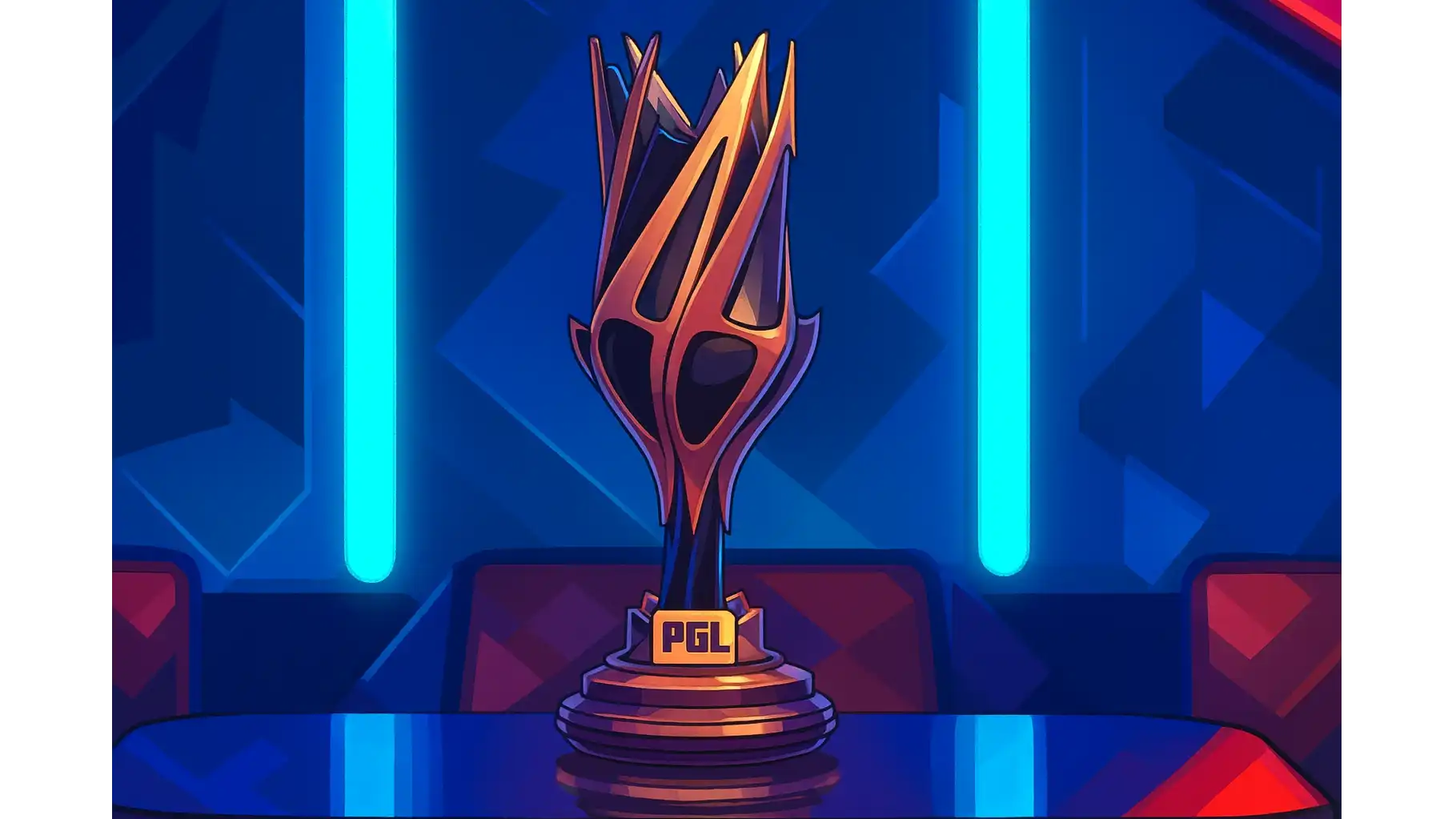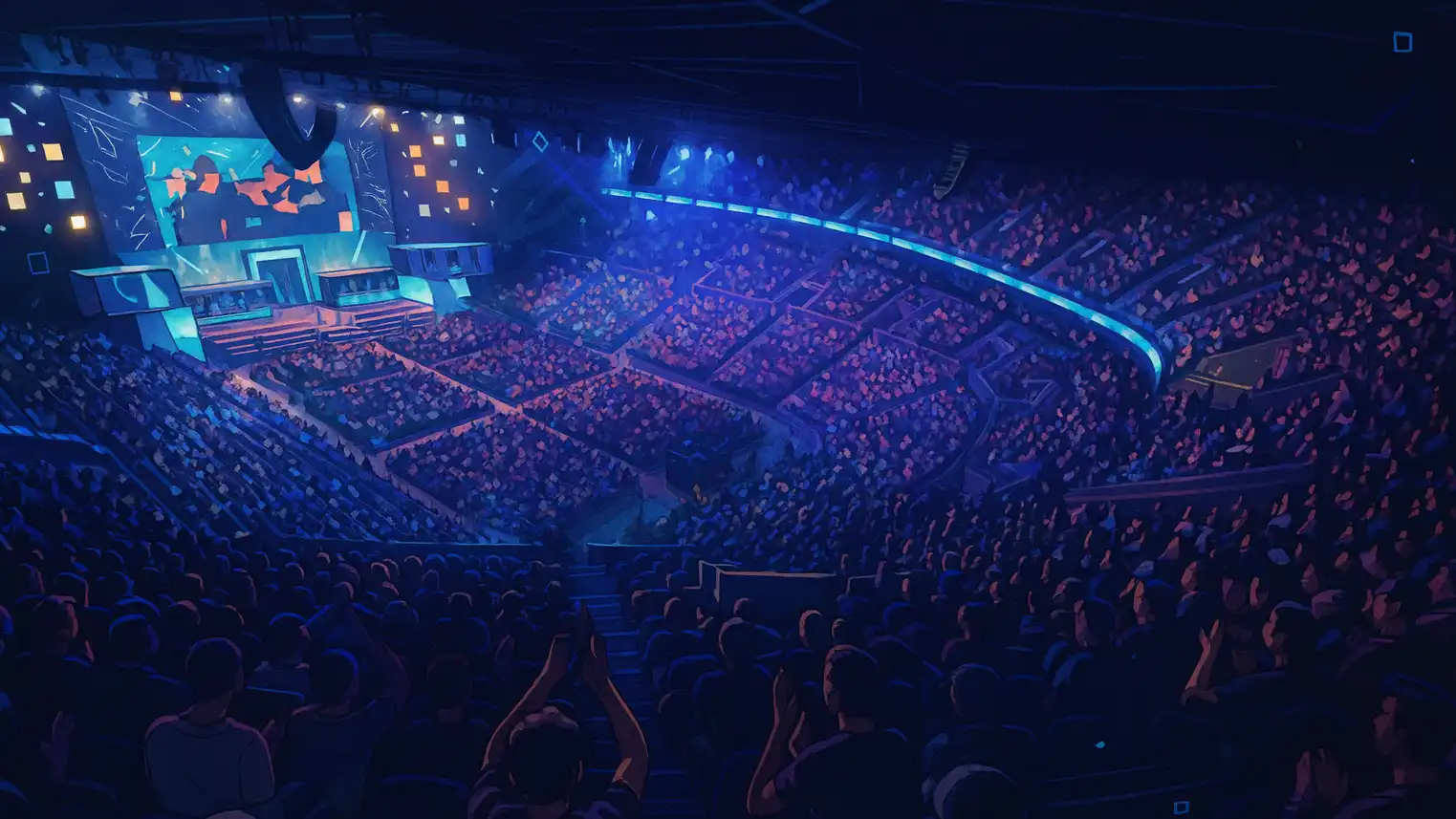PGL cancels its August 2026 event amid Esports World Cup scheduling clash

PGL cancels its August 2026 event amid Esports World Cup scheduling clash
PGL has officially canceled its planned August 2026 Counter-Strike event, citing a direct clash with the expanded Esports World Cup (EWC) as the principal reason.
In a statement on X (formerly Twitter), PGL remarked:
“The decision follows another tournament being announced at a later date that overlaps with ours, despite our schedule being published in March 2024.”
The move comes after EWC, operated in part by ESL FACEIT Group, announced an expanded CS2 format for 2026: 32 teams, a $2 million prize pool, and new LAN open qualifiers to run August 12–23 in Riyadh.
Why PGL pulled the plug
Competitive mismatch and team participation
PGL argued that with so many top teams committed to the EWC due to its prestige and structure, their August event would struggle to attract teams from the top 30 of the global VRS ranking. They foresaw a field dominated by lower-tier teams, undermining both quality and commercial viability.
Given the overlap, organizers presumed many roster and sponsorship resources would gravitate toward EWC, leaving PGL with substantially diminished attention and attendance.
A clash of calendars and turf wars
This isn’t the first time PGL and ESL have found themselves at odds. Earlier in 2025, overlapping events and bidding for attractive dates in cities like Kraków triggered public tensions between the two entities.
By scheduling their EWC window to directly clash with PGL’s August dates, EWC—via its organizing partners—effectively forced PGL’s hand. PGL’s public complaint that their schedule had been locked in well ahead suggests they felt the clash was opportunistic.
While PGL will proceed with other events in 2026 (in Cluj-Napoca, Bucharest, Astana, and Belgrade), the August slot is now gone.
Context: EWC’s expansion and the stakes
EWC isn’t just another tournament—it’s designed to be a flagship event with global significance. Its expansion to 32 teams, added open LAN qualifiers, and $2 million prize pool elevate its appeal and make it a prime draw for teams worldwide.
By overlapping with PGL’s dates, EWC exerts calendar dominance, effectively funneling teams into the “must-attend” Saudi tournament. This is part of a broader trend where high-budget, large-scale events backed by major stakeholders exert pressure on independent organizers.
Various outlets have described PGL’s cancellation as a surrender in a “scheduling war,” where the EWC’s influence, deep pockets, and institutional leverage have pushed aside PGL’s August plans.
Implications for the CS2 ecosystem
1. Shrinking Tier-One diversity
With PGL dropping a top-level CS2 event, the calendar loses an independent major. That may amplify the dominance of larger organizers and raise concerns about monopolistic control over the competitive scene.
2. Teams forced to choose
Top teams may now face unavoidable commitment conflicts. Choosing EWC over PGL might seem like the safer path for prestige, prize money, and exposure—but it further concentrates power among big tournaments.
3. Calendar congestion & structural risk
Other organizers may now hesitate to schedule events during EWC windows. The precedent set by this cancellation could cascade, compressing the competitive calendar and reducing flexibility for new tournament initiatives.
4. PGL’s brand & negotiation leverage
This is a reputational blow. PGL must lean on its remaining events to retain relevance and leverage. It may also push for negotiation or alignment with EWC or adopt alternative strategies to hold its ground.
5. Community & stakeholder response
Among fans and teams, some view this as proof of EWC’s dominance; others see it as a necessary response to unsustainable tournament overlap. The broader questions concern ecosystem fairness, scheduling rights, and whether any structural coordination is possible.





